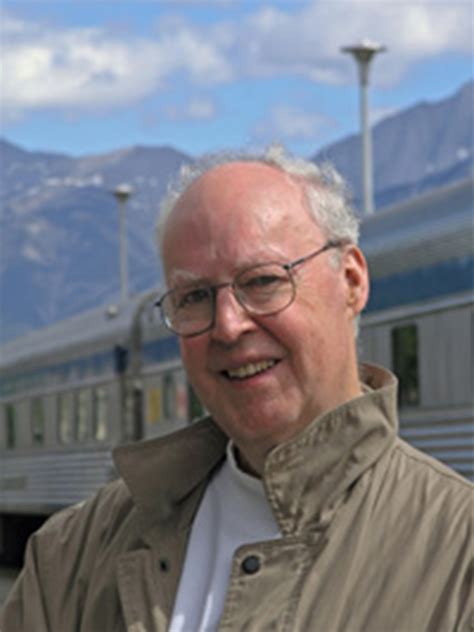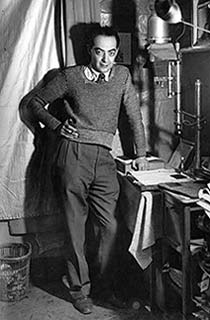A Quote by Friedrich Nietzsche
Thus the man who is responsive to artistic stimuli reacts to the reality of dreams as does the philosopher to the reality of existence; he observes closely, and he enjoys his observation: for it is out of these images that he interprets life, out of these processes that he trains himself for life.
Related Quotes
He had never thought of himself as much of a praying man, but as he sat in the car in the growing darkness and the minutes passed, he knew what it was to pray. It was to will goodness out of evil, hope out of despair, life out of death. It was to will dreams into existence and spectres into reality. It was to will an end to anguish and a beginning to joy.
The essential in artistic creativity is victory over the burden of necessity. In art, man lives outside himself, outside his burdens, the burdens of life. Every creative artistic act is a partial transfiguration of life. In the artistic concept man breaks out through the heaviness of the world. In the creative-artistic attitude towards this world we catch a glimpse of another world.
The purpose of life seems to be to acquaint a man with himself and whatever science or art or course of action he engages in reacts upon and illuminates the recesses of his own mind. Thus friends seem to be only mirrors to draw out and explain to us ourselves; and that which draws us nearer our fellow man, is, that the deep Heart in one, answers the deep Heart in another, - that we find we have (a common Nature) - one life which runs through all individuals, and which is indeed Divine.
In life man commits himself and draws his own portrait, outside of which there is nothing. No doubt this thought may seem harsh to someone who has not made a success of his life. But on the other hand, it helps people to understand that reality alone counts, and that dreams, expectations and hopes only serve to define a man as a broken dream, aborted hopes, and futile expectations.
My images were surreal simply in the sense that my vision brought out the fantastic dimension of reality. My only aim was to express reality, for there is nothing more surreal than reality itself. If reality fails to fill us with wonder, it is because we have fallen into the habit of seeing it as ordinary.
Self-observation brings man to the realization of the necessity of self-change. And in observing himself a man notices that self-observation itself brings about certain changes in his inner processes. He begins to understand that self-observation is an instrument of self-change, a means of awakening.
No other technique for the conduct of life attaches the individual so firmly to reality as laying emphasis on work; for his work at least gives him a secure place in a portion of reality, in the human community. The possibility it offers of displacing a large amount of libidinal components, whether narcissistic, aggressive or even erotic, on to professional work and on to the human relations connected with it lends it a value by no means second to what it enjoys as something indispensable to the preservation and justification of existence in society.
Steve Grand is the creator of what I think is the nearest approach to artificial life so far, and his first book, Creation: Life and How to Make It, is as interesting as you would expect. But he illuminates more than just the properties of life: his originality extends to matter itself and the very nature of reality. Not since David Deutsch's The Fabric of Reality have I encountered such a compelling invitation to think everything out afresh, from the bottom up.
We know only what we do, what we make, what we construct; and all that we make, all that we construct, are realities. I call them images, not in Plato's sense (namely that they are only reflections of reality), but I hold that these images are the reality itself and that there is no reality beyond this reality except when in our creative process we change the images: then we have created new realities.









































